€7M German project to develop processes and demand scenarios for the mass production of synthetic fuels; “Refineries for Future”
Green Car Congress
MAY 27, 2023
To cover future needs of heavy-duty vehicles, airplanes, and ships and provide chemical industry with basic substances, we will require the corresponding industrial facilities. In spite of increasing electric mobility in the transport sector, we will continue to need liquid fuels for a long time. Scheme of the planned process network.

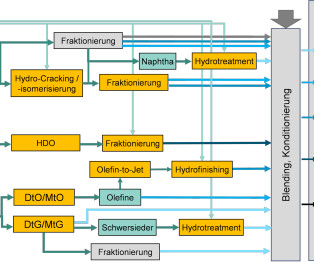









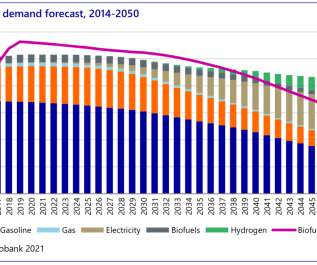

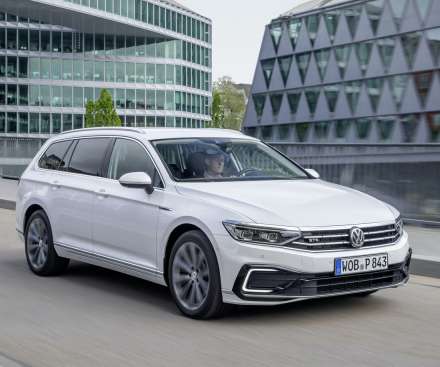
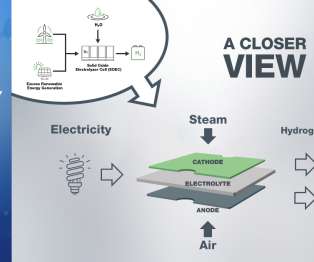





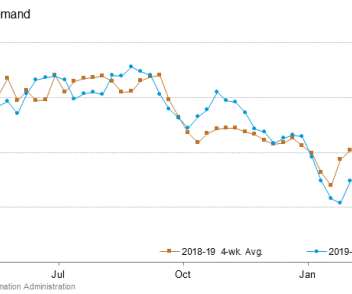






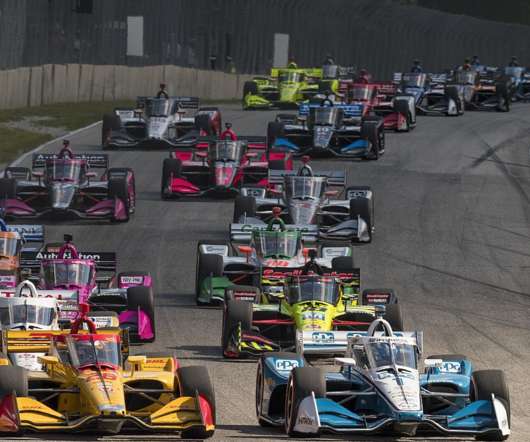

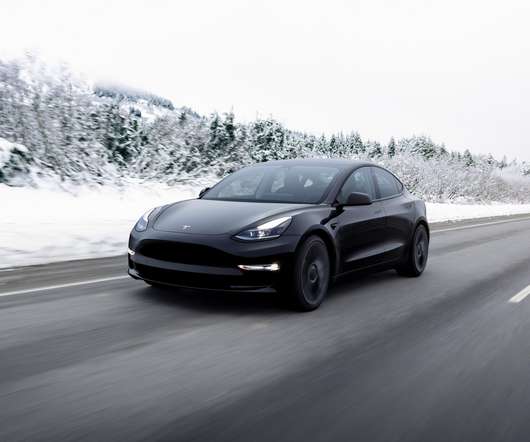












Let's personalize your content